Precision two-color injection mold
8 month ago

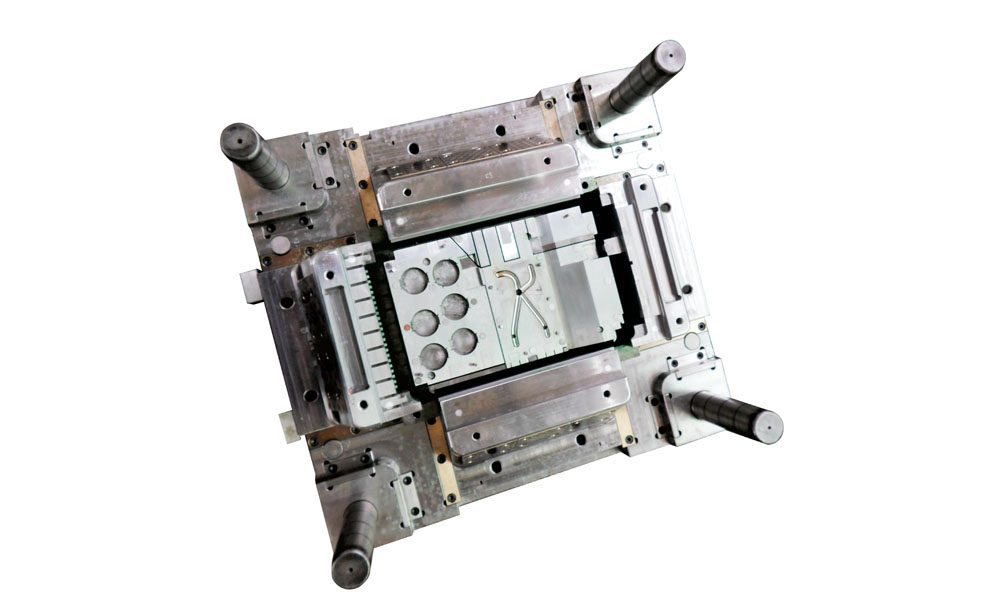
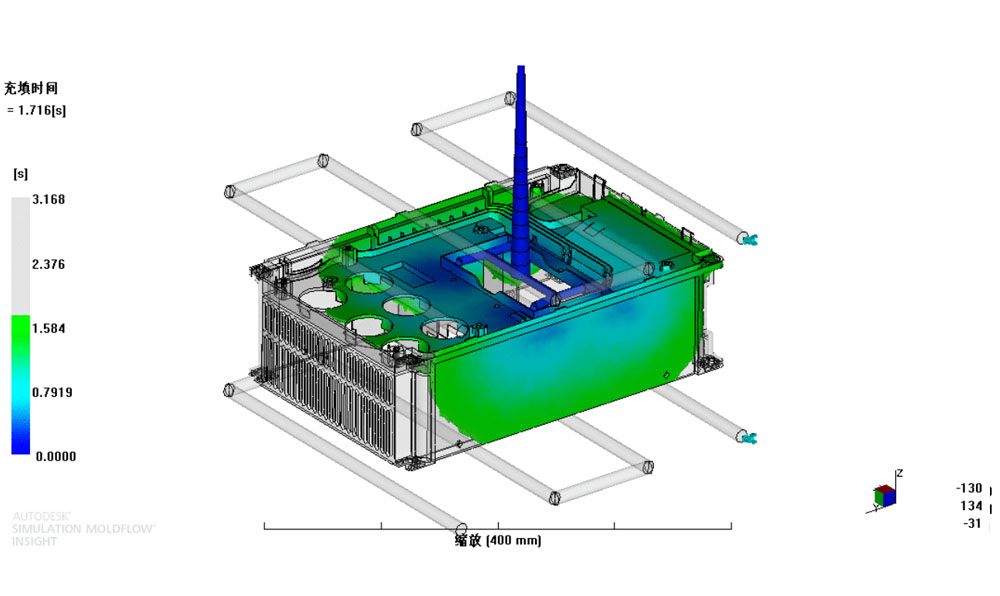
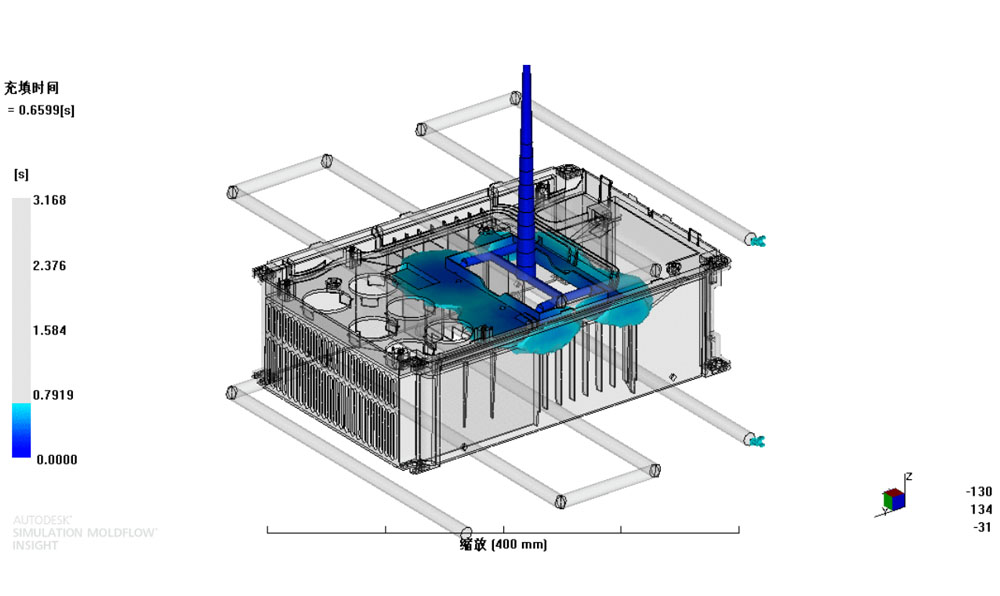
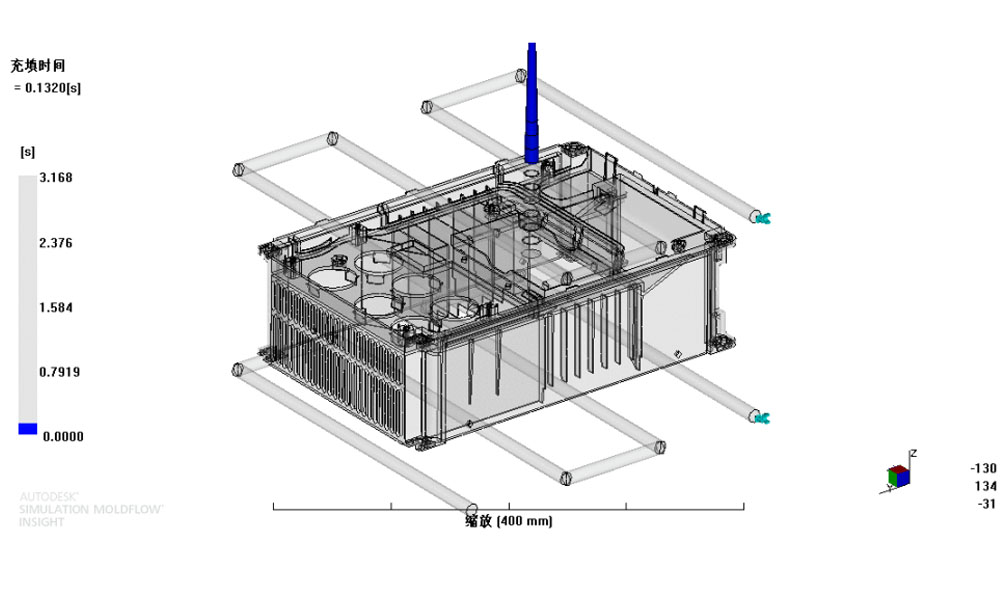
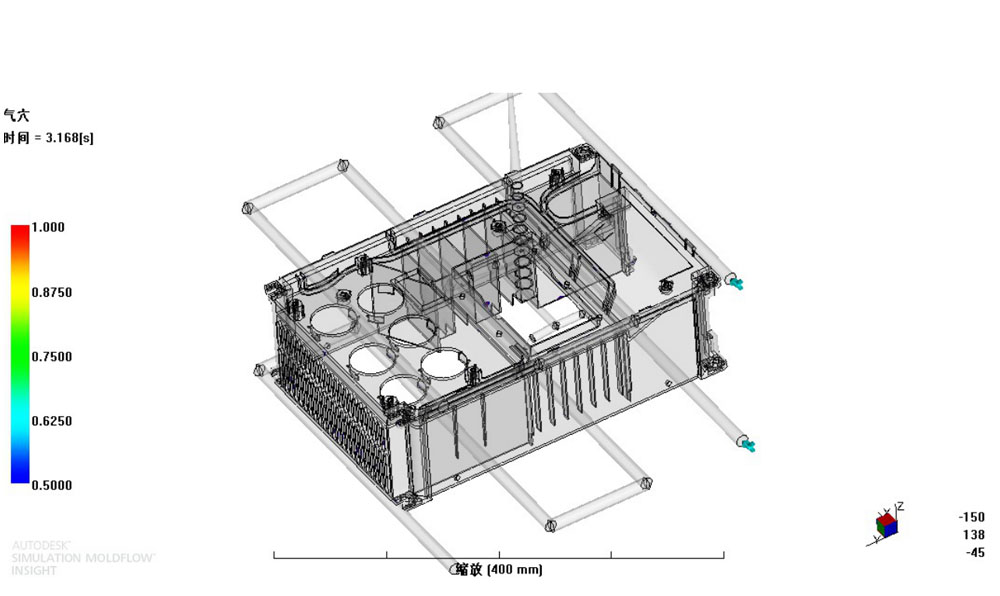
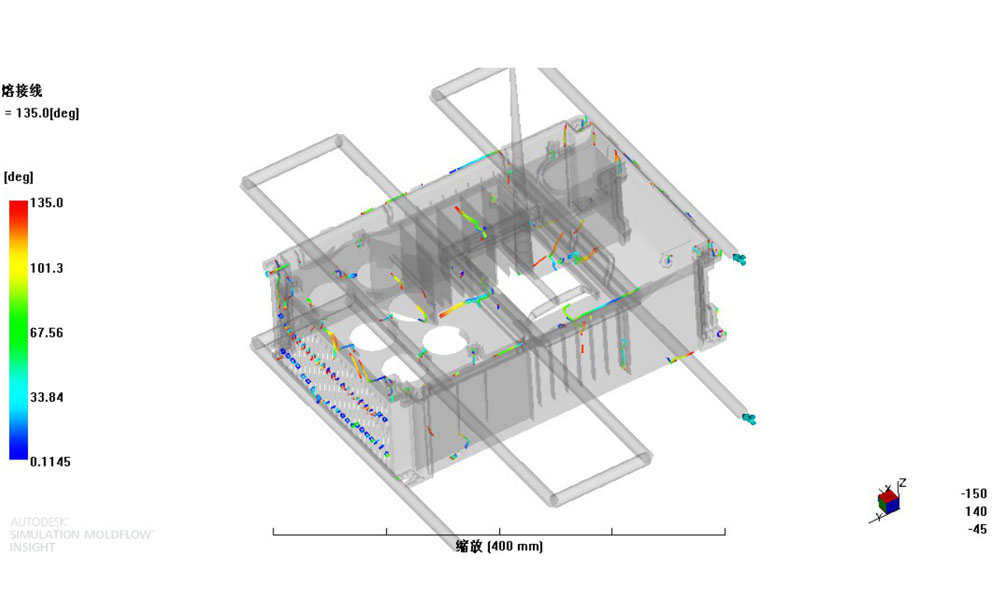
Injection Molding Tooling is a critical component in the manufacturing process of plastic products, designed to produce high-quality parts with precision and efficiency. This specialized equipment plays a vital role in various industries, including automotive, consumer goods, medical devices, and electronics. The tooling ensures that each molded part meets strict dimensional and quality standards, making it an essential element for manufacturers seeking reliable and consistent production outcomes.
The key features of Injection Molding Tooling include durability, precision engineering, and adaptability to different materials and product designs. These tools are typically made from high-grade steel or other durable alloys to withstand the high pressures and temperatures involved in the molding process. They are also engineered to allow for easy maintenance and long service life, reducing downtime and overall production costs. Advanced cooling systems and precise gate placements further enhance the performance and efficiency of these molds, ensuring optimal material flow and minimal defects in the final product.
Injection Molding Tooling comes in various types, such as single-cavity, multi-cavity, and family molds, each suited for specific production needs. Single-cavity molds are ideal for producing one part at a time, offering high accuracy and simplicity. Multi-cavity molds, on the other hand, enable the simultaneous production of multiple identical parts, increasing output and reducing per-unit costs. Family molds are used to create different parts within a single mold, allowing for more complex and varied production runs. The choice of mold type depends on factors such as volume requirements, design complexity, and budget constraints.
The injection molding tooling process begins with the creation of a detailed design based on the desired product specifications. This design is then translated into a physical mold using advanced computer-aided design (CAD) software and precision machining techniques. Once the mold is manufactured, it is tested and refined to ensure proper functionality and consistency in production. Throughout the molding process, the tooling must maintain tight tolerances and structural integrity to produce high-quality parts repeatedly without significant wear or deformation.
Injection Molding Tooling is widely used in industries that require mass production of plastic components. In the automotive sector, it is used to manufacture interior and exterior parts such as dashboards, door panels, and bumpers. In the medical field, it is essential for creating sterile and precise components like syringes, surgical instruments, and diagnostic equipment. Consumer goods companies rely on this tooling to produce items such as bottles, containers, and packaging materials. Additionally, the electronics industry utilizes injection molding tooling to create housings, connectors, and other plastic parts that are integral to modern devices.
Users of Injection Molding Tooling often highlight its reliability, cost-effectiveness, and ability to meet demanding production requirements. Many manufacturers report improved efficiency, reduced waste, and better product consistency after implementing high-quality tooling solutions. Some users also note the importance of working with experienced suppliers who can provide customized designs and support throughout the entire production lifecycle. Positive feedback frequently emphasizes the value of investing in durable and well-engineered tooling that delivers long-term benefits and minimizes maintenance challenges.
Common questions about Injection Molding Tooling often revolve around its lifespan, maintenance requirements, and compatibility with different materials. Most high-quality tooling can last for thousands of cycles depending on usage and maintenance practices. Regular cleaning, lubrication, and inspection help extend the life of the mold and prevent premature failure. Regarding material compatibility, Injection Molding Tooling is designed to work with a wide range of thermoplastics, including polyethylene, polypropylene, polystyrene, and nylon. However, certain materials may require specific mold designs or surface treatments to ensure optimal performance and part quality.
Similar Video Recommendation
If you are interested in the product, contact Bossgoovideo.com for more information
- *To:
- Horizon Mold Chain Co., Ltd
- *Message:
-
Submit
Main Product:
Plastic Mold,
Die Casting Mold ,
overmoulding,
Automobile mold,
Outdoor sports mold,
Precision part processing








